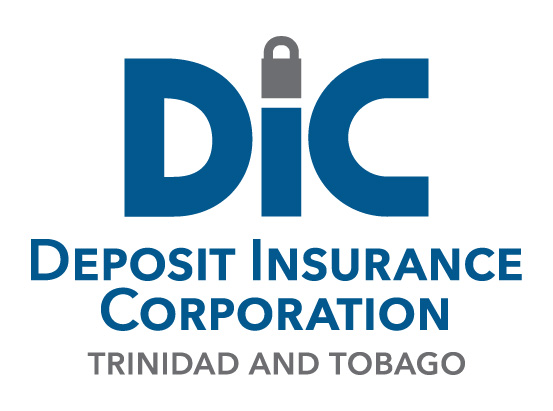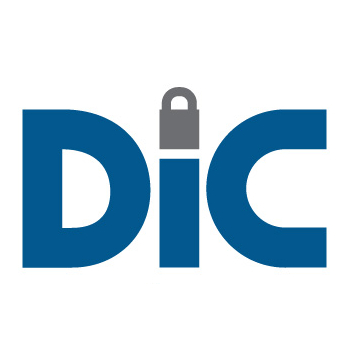Author Archives: Deposit Insurance Corporation
Are foreign deposits insured?
When is deposit insurance payable?
Are any other cash liabilities of financial institutions covered?
Yes. Certain cash liabilities in respect of which an institution is primarily liable, such as cashier’s cheques, money orders and drafts, are treated in the same manner as a deposit and added to any other deposits held in the same right and capacity by the claimant, and insured in the …
What types of deposits are insured?
All types of deposits received by a licensed institution in its usual course of business are insured. These include balances held on savings and chequing accounts, demand deposits, and time deposits. The exceptions are letters of credit, stand-by letters of credit and similar instruments, inter-bank deposits, deposits from affiliated companies …
Misconception: The uninsured balance, being that portion of deposit/(s) over TT$200,000 for which a certificate was issued, would never be honoured by the DIC.
Fact: A liquidator’s certificate is issued to the depositor by the Corporation for the unsecured balance being that portion of the deposit over TT$200,000. If, the realizations from the disposal of assets net of the subrogated claim of the deposit insurer results in a surplus, then unsecured balances would be …
Misconception: Depositors of a failed member institution have an unlimited time within which to make a claim on the Fund.
Fact: Depositors are granted a 12 month window in which to make a claim after which they can claim against the estate of the failed member. After the passage of 12 months, claims can only be made against the estate of the failed member institution payment for which would depend …
Misconception: Certificates, deposit books and other documentary evidence of deposits held in a member institution are not relevant to making claims in the event of a failure.
Fact: A claim, supported by appropriate proof, must be made to the Deposit Insurance Corporation before payment of deposit insurance can be made. As such, all information including certificates, deposit books bank statements etc. would be required to facilitate a smooth payout process. See Tips for Depositors.




